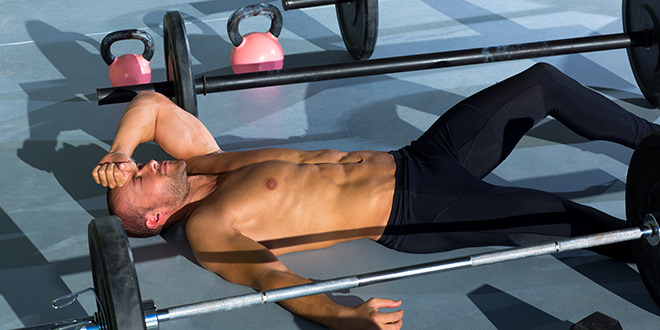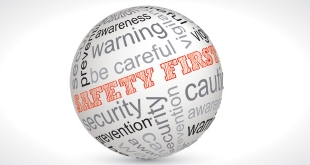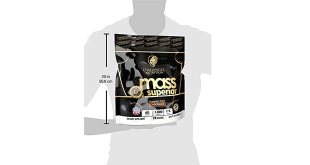Recovery from a single workout takes a lot longer than most of us think. While the soreness may go away after a couple or 3 days (when you’re young), it can take up to 7 full days for the body to replenish what was lost, and repair what was damaged during your last workout.
In order to maximize muscle gains and/or improve overall fitness from your weight and cardio workouts, it’s important to give your body everything it needs to recover as quickly as possible.
Here’s 5 things you can start doing right away to get your body working at peak efficiency:
Take a quality glutamine supplement
There are a number of supplements out there that are recommended for recovery. Most of what you can buy is nothing more than marketing hype aimed at separating you from your hard-earned money. We get all but one of the most critical amino acids we need for proper recovery from eating a well-balanced diet – except L-glutamine. This amino acid makes up 61% of all the skeletal muscle in the body.
It also takes up to 6 days for the body to restore glutamine levels after an intense workout. This critical ingredient plays a huge role in your ability to use the protein you eat. Supplementing with 5 grams, 3 times per day can cut recovery time well in half.
For instance, say it normally takes 3 days for your chest, arms and shoulders to recover from an upper body workout: adding adequate glutamine supplementation to your regimen can leave you waking up with no soreness at all the day after.
Hop in a cold shower/bath post workout
If you’ve ever watched the Olympics, track and field, or Crossfit competitions, you’ve likely seen the athletes immersing themselves in a cold bath backstage after pushing their bodies. Most people assume this is a way for the athletes to cool off, but the practice is actually centered more around speeding up recovery by shuffling lactic acid out of the muscles and reducing inflammation.
If you can bear it, it only takes a minute or two for a cold bath or shower to be effective at speeding muscle recovery. Alternatively, you can alternate cold and warm bursts of water while standing in the shower. The key is to make sure the water’s so cold it gets your heart racing and your body shivering!
Make time for a catnap after your workout
Once your heart rate has settled after the cold plunge you just took, take 20 – 60 minutes to lie down and close your eyes. Even if you’re not able to go to sleep, your body will still use this opportunity to begin the recovery process, as long as you can do so without any interruptions.
This is especially important if your sleep habits or daily schedule prevent you from getting at least 7 hours of sleep at night time. Don’t worry about ruining a good night’s sleep either, napping won’t disturb your overall sleep quality, will help with muscle recovery, and will leave you more alert when you wake up.
Start and end every day with protein
Start and end each day with 10 – 20 grams of high-quality protein. Either in the form of a whey protein shake, a meat source, or a handful of nuts washed back with a glass of milk. Do this regardless if you worked out the day before, and your sore muscles and achy joints will thank you for it.
Don’t try to choke back 50 grams per meal like you’ll see touted on bodybuilding forums and such. Eating too much protein can actually be counterproductive because of the inflammation and digestive disturbance it can cause.
We need protein, but it’s better to follow the CDC recommendations for your age and gender. Only increase protein intake if you find recovery to be too slow after your workouts. Daily protein recommendations are around 46 grams per day for women and 60 grams per day for most men.
Limit or eliminate alcohol consumption
There are so many bad things that a single bout of drinking can do to your body. None of them are good for fast and efficient post-workout recovery.
Alcohol is not your friend when it comes to health and fitness:
- It’s notoriously bad for the heart and liver.
- It dehydrates the body.
- Causes muscle catabolism.
- Lowers testosterone levels.
- Is high in empty calories (i.e. makes you fat).
- Alcohol inhibits protein absorption and a number of other nutrients the brain and body need.
Limit alcohol to no more than a few drinks every now and again, or just eliminate it altogether.
Ready, set, go!
Effective recovery comes down to knowing your body and treating it like a shrine. Adequate rest, proper diet and supplementation, and following an all-round healthy lifestyle are all that’s required to make you the best YOU that you can be.
 Best Home Gym Reviews and Tips for Your Home Gym
Best Home Gym Reviews and Tips for Your Home Gym






